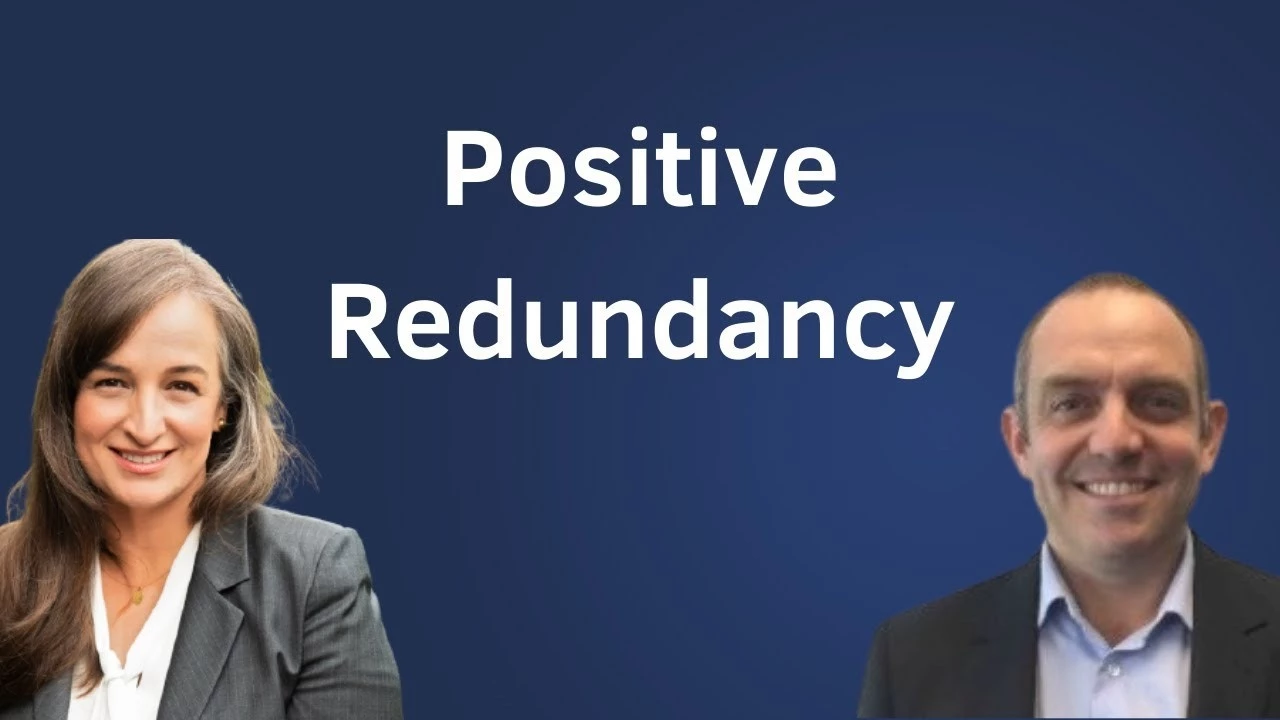Episode 8 - Interview with Alistair Freeman

Alistair Freeman wrote a post on his LinkedIn profile describing his experience job hunting, following his redundancy a few months ago. He thanked everyone who helped him and finished off by offering to "pay it forward." His post was sent to me by one of our listeners, and I loved it. Alistair described the rejections he received, the ghosting he got from some recruiters but also pointed out the power of networking and that it had been fun for him to reconnect with great relationships he had lost touch with over time.
It is rare for someone to share redundancy stories, so I immediately contacted Alistair and invited him for this podcast. And I am so happy he agreed, because he had so much more to say, and a few surprises that I enjoyed hearing about, and I hope that you will enjoy it too.
Alistair's story of redundancy may be unique, but there are many lessons to be learned here, such as:
to use the disruption of the redundancy to re-evaluate your lifestyle
to be open to new sectors and opportunities
to have a positive mindset during job hunting, because it is a stressful experience
So if you are wondering how Alistair dealt with his redundancy, where he is now, and what he learned in the process, listen up!
Resources mentioned in this episode
Transcript of this episode
About the Host
Hello, I’m Renata Bernarde, the Host of The Job Hunting Podcast. I’m also an executive coach, job hunting expert, and career strategist. I teach professionals (corporate, non-profit, and public) the steps and frameworks to help them find great jobs, change, and advance their careers with confidence and less stress.
If you are an ambitious professional who is keen to develop a robust career plan, if you are looking to find your next job or promotion, or if you want to keep a finger on the pulse of the job market so that when you are ready, and an opportunity arises, you can hit the ground running, then this podcast is for you.
In addition to The Job Hunting Podcast, on my website, I have developed a range of courses and services for professionals in career or job transition. And, of course, I also coach private clients.
Contact Renata Bernarde
I’m determined to help you! I want you to feel empowered, nail your next job, and have the career you want.
My free resources for job hunters: The Optimized Job Search: Weekly Schedule & Masterclass.
Learn more about my services, courses, and group coaching: RenataBernarde.com
